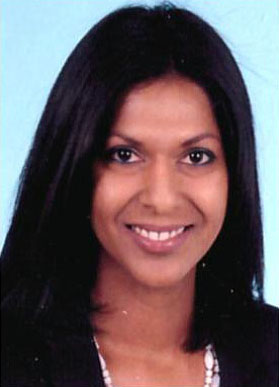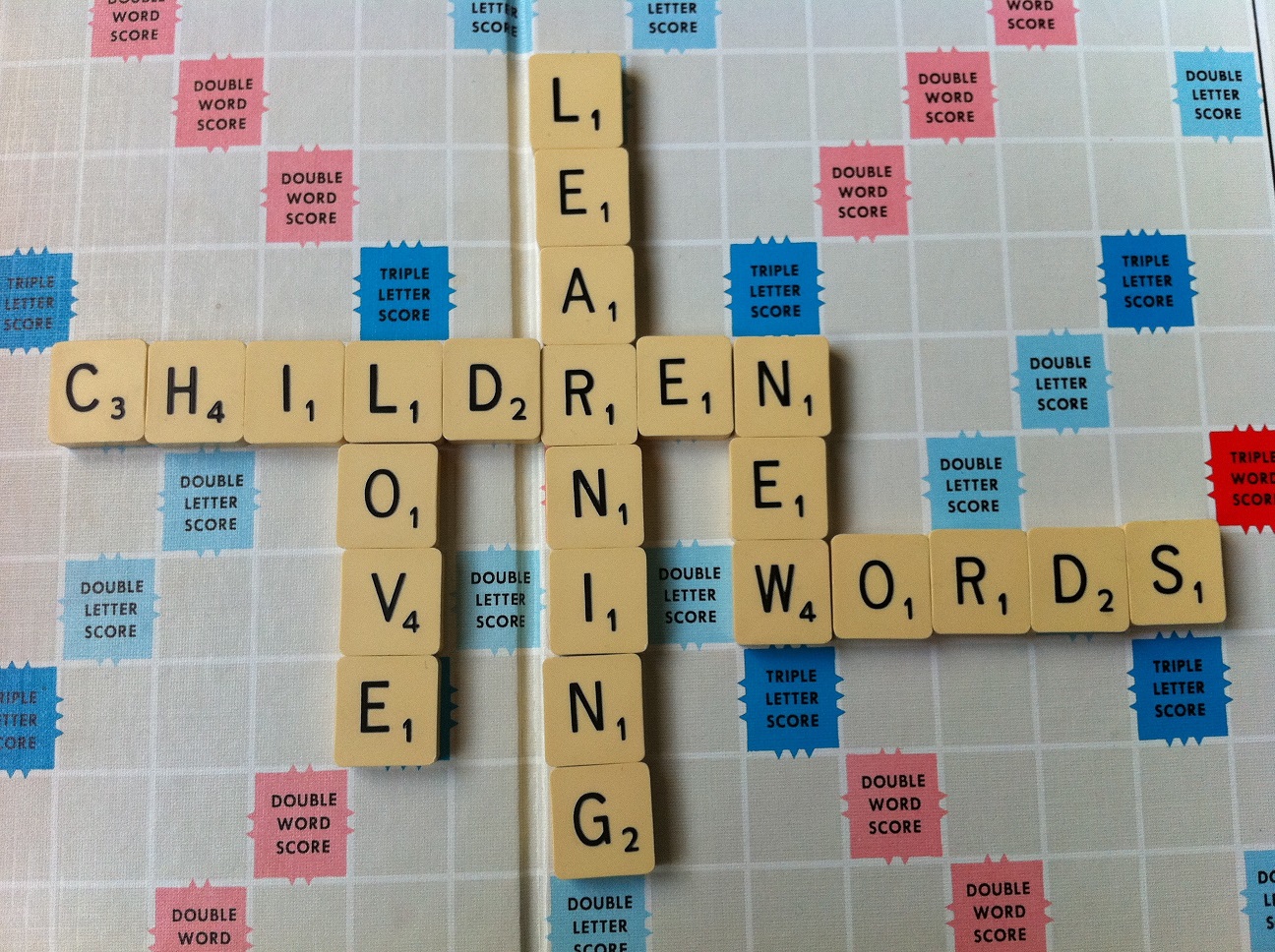Učimo se angleško
New! English Program at Dobra Teta
We are creating a bilingual environment for your kids.
Why?
It is well known that the best way to learn a new language is to do it in a natural way. It is for this reason that we are now offering a full immersion program that will allow your child to absorb English as a second language.
How?
The English class is designed to instruct children while having fun and engaging their minds. They will soon discover that learning English can be fun and easy. Our Native English Speaker uses exciting teaching tools such as songs, rhymes, games, arts and crafts, fairy tales and other activities to promote learning in a fun environment.
Our Native English Speaker communicates only in English and talks constantly accompanying action with language. This helps your child to receive manifold opportunities to combine the meaning of the new language with the actions they observe.
When?
The English class is held once per week at each unit and in each group, it is structured to encourage children to play games and sing familiar songs, facilitating the learning process.
Some benefits of the program
Robert M. Kurtz, CCC-SLP states on his web page (Sep. 9/09 – www.speach-language-development.com) the following:
"Growing up bilingual can be a tremendous blessing. In addition to the obvious benefit (i.e., the ability to speak and understand more than one language), recent research has revealed a number of cognitive advantages to bilingualism. Bilingual children have been shown to have:
- Better metalinguistic awareness (ability to identify and describe characteristics and features of language);
- Better classification skills;
- Better concept formation;
- Better analogical reasoning;
- Better visual-spatial skills;
- Better storytelling skills;
- Better semantic development."
New! After school program in English
Our after school English Program Mali Popotnik is not just another English class for kids. This program was developed to help kids understand the world that they live in and expose them to:
- Learning about other countries
- Culture and traditions of other parts of the world
- Holidays and Festivals celebrated elsewhere
- English Language as a second language
- Arts and crafts related to holidays and tradition
The program was developed and will be run by Nadira Karim , which will be ongoing every term. The after school program is open to all children in the Kranj region.
About Nadira
 |
Nadira Deanne Karim is a Native English Speaker from the English speaking country of Trinidad (and Tobago), West Indies. She moved to Slovenia in 2010. Though educated and experienced in Business Management and Paralegal studies, Nadira found her true calling and passion to be working with children. She has earned a short Diploma in Children´s Studies, is TEFL Certified and will continue her studies in Children Education. She has experience teaching kids at the preschool level has taught English to young adults and given private Business English and Conversational English classes online. |
Naj se vaš otrok začne učiti angleščine kar se da zgodaj
Zadnje študije kažejo, da je najboljši čas učenja novega jezika za otroka v prvih treh letih življenja. V nadaljevanju vam podajamo nekaj najpomembnejših razlogov v prid odločitvi, da bi vašemu otroku že zelo zgodaj predstavili nov (tuj) jezik:
- Učenje jezikov je naravni proces za otroke
Do četrtega leta se otrok, v kolikor je vzgajan v dobrem okolju, nauči vsaj 2000 osnovnih besed. V prvih šestih mesecih dojenčki uporabljajo 70 zvokov, ki nadomeščajo vse poznane jezike sveta. Kasneje se govora naučijo zgolj s posnemanjem zvokov ter besed iz okolja, pri tem pa imajo ključno vlogo starši oz. vzgojitelji. Možgani bodo razvili sposobnost govora v jezikih, ki jih slišijo.
- Predšolska leta so ključnega pomena
Temelji razmišljanja, jezika, vizije, odnosa ter ostalih karakteristik se razvijajo predvsem v prvih treh letih življenja. Izkoristimo otroško naravno sposobnost učenja v letih, ko je učenje prvega enako enostavno kot učenje drugega. Kar 50% sposobnosti učenja se razvije v prvih letih življenja, le 30% pa do starosti osmega leta.

Kako se torej predšolski otroci učijo drugega (tujega) jezika?
Dojenčki se učijo s pomočjo poslušanja, gledanja, imitacije in poizkušanja. Govorite z njimi vse od začetka. Povejte jim, kaj delate, predstavite jim rime, pesmi, igre in štetja v drugem ali celo tretjem jeziku. Tu je nekaj nasvetov za bolj uspešno učenje z vašim otrokom.
- Učenje s prakso. Izvajajte vsakodnevne aktivnosti kar z uporabo drugega jezika. Med interakcijo z vašimi otroki govorite v drugem ali celo tretjem jeziku.
- Podkrepite svoje aktivnosti s slikami in zvoki. Izgovarjajte zvoke tujega jezika skupaj s sliko ali pojmom (na primer »A« - apple (jabolko)).
- Učite se sproščeno, pa vendar z izzivom. Nikoli ne spravljajte otroka v stres. Zadnje raziskave kažejo, da je 80% težav pri učenju povezanih s stresom.
- Učite se z glasbo in ritmom. Glasba je način povezovanja in uporabe celotne kapacitete možganov.
- Učite se z dotiki. Uporabljajte male prstne rime v tujem jeziku. Npr. simulirajte plezanje pajka, če pesmica, ki jo pojete, govori o pajku.
- Uporabite celoten svet za svojo učilnico. Spremenite vsak izhod ven v učno izkušnjo. Novega jezika se lahko učite med štetjem stvari, primerjavo stvari, klasifikacijo stvari ali poljubno temo, ki zanima vaše otroke.
S poslušanjem zgodb se otroci naučijo slovnice, izboljšajo svoj besedni zaklad, razvijejo fonološke specifike jezika in koncepte, kar pripomore k učenju branja in pisanja.
Vas zanima več? Pozanimajte se, kako lahko vašega otroka prijavite k poučnim in zabavnim uricam angleščine pri Dobri teti.
Spodaj si poglejte primere angleških pesmic, ki se jih učijo otroci pri Dobri teti.


